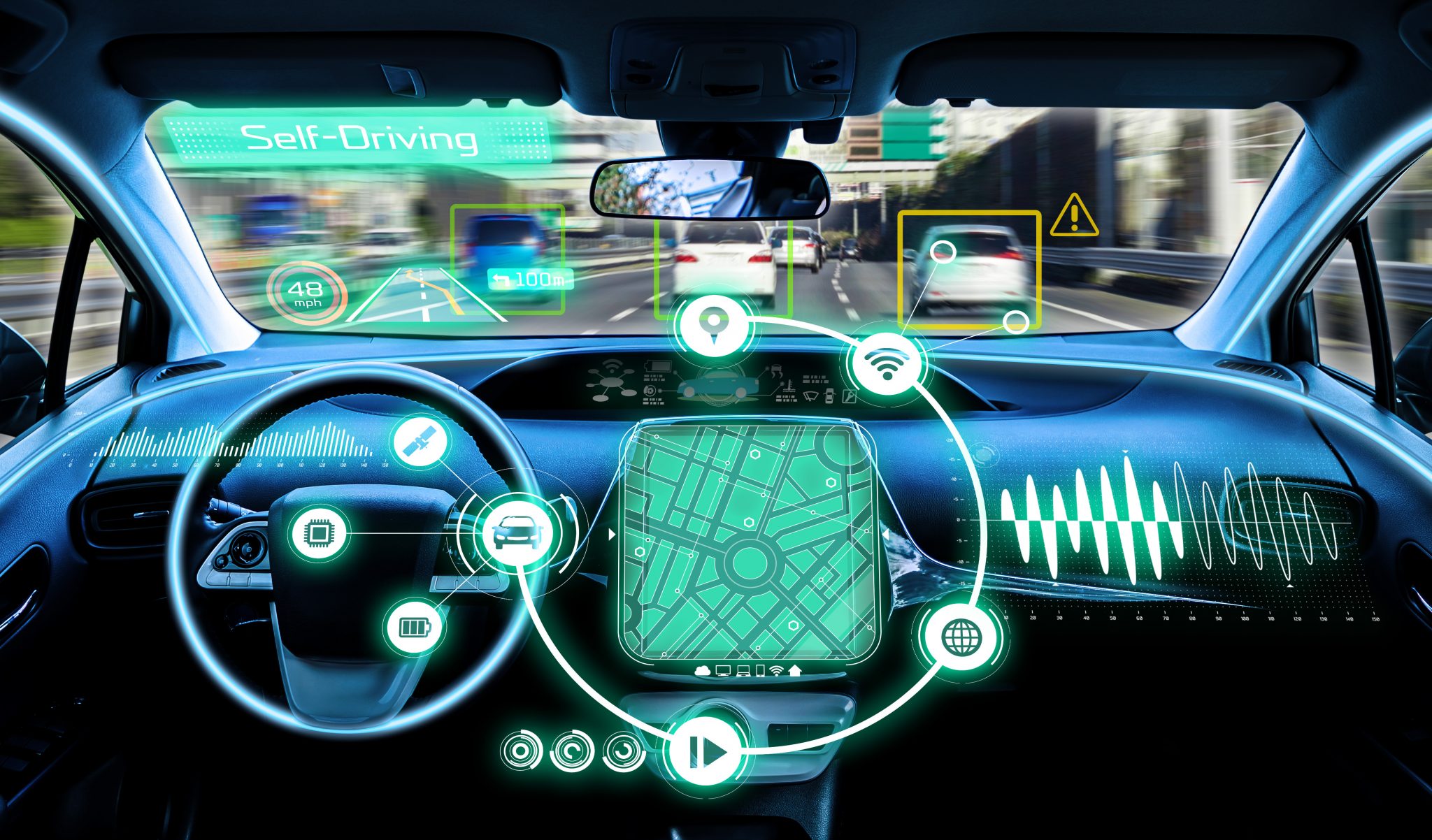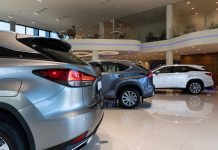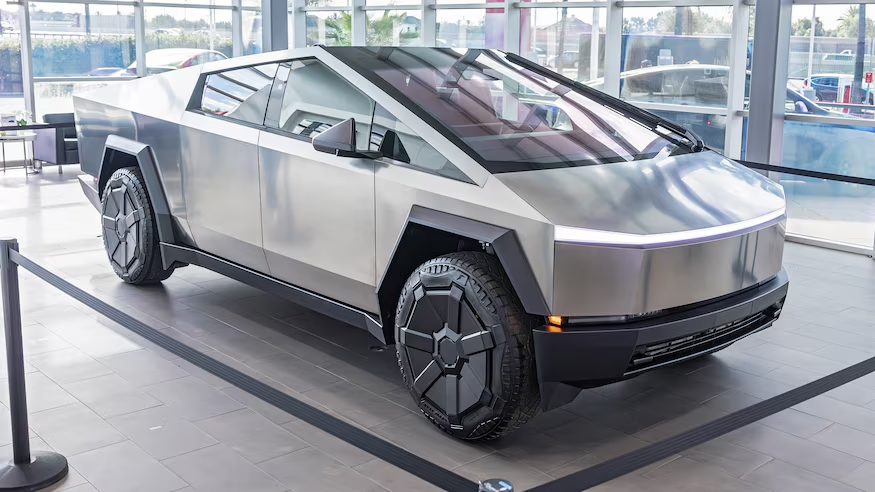From Isaac Asimov’s short story Sally to the famous Batmobile, autonomous vehicles have captured the imaginations of many since the invention of the car. The idea of cars driving us where we need to go without the need of human intervention is a futuristic milestone, along the same lines as the hoverboards seen in Back to the Future.
In recent years, technology has begun catching up with fantasy, and for the first time fully autonomous vehicles available for all consumers are within reach. Many are familiar with Google’s self-driving cars which have been mapping streets around the world for the company. Tesla and Mercedes have each released models with autonomous features. Uber has begun experimenting with autonomous vehicles as well, sign ailing a possible shift in the future of transportation.
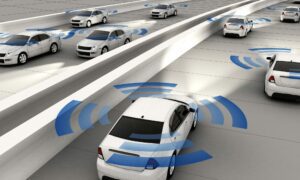
Each of these companies, and others working on creating safer, reliable autonomous cars, have clocked hundreds of thousands of hours and miles of autonomous, accident free drives. However, the closer we come to mass rollouts, the less enthusiastic consumers seem to be about owning an autonomous vehicle themselves, or even sharinte roads with them.
On the one hand, a recent PEW Research Center report shows that many believe that the adoption of autonomous vehicles is inevitable. A 2016 PricewaterhouseCoopers (PwC) survey showed that 66% of those asked believe autonomous vehicles to be smarter than humans. Additionally, people have generally responded well to autonomous features in their cars, particularly safety features.
One might, therefore, conclude a readiness for fully automated vehicles. But the reality is that more and more people are expressing distrust for them. Rising numbers say they would never buy a fully autonomous car, and the majority surveyed believe semi-autonomous vehicles to be safer than completely autonomous ones.
This growing reticence may, in part, be due to recent highly reported accidents involving self-driving cars. The May 2018 death of a pedestrian in Tempe, Arizona by an autonomous Uber vehicle brought many worries to the forefront. Other, non-fatal, crashes involving autonomous vehicles have dampened excitement as well. This could explain why of the three-fourths of respondents who want further testing done on these cars before widespread adoption, a large portion wants these tests done outside their neighborhoods or cities.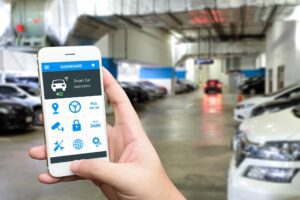

However, these high profile accidents can’t fully account for why people are suddenly shy of going fully automatic. When asked, even those unaware of the crashes felt human drivers are safer than autonomous cars.
According to Joe George, the Cox Automotive Mobility Solutions Group president, it all boils down to education. “There is a major opportunity, and a real need, for automakers and mobility providers to help educate consumers and further guide autonomous vehicles in their development,” he said in a recent interview. If consumers better understood how much safer these cars were than human error they might be more willing to try them out. This is why safety, George says, is the key to turning public opinion. “Autonomous safety feature adoption will be critical in creating future autonomous technology advocates.”


